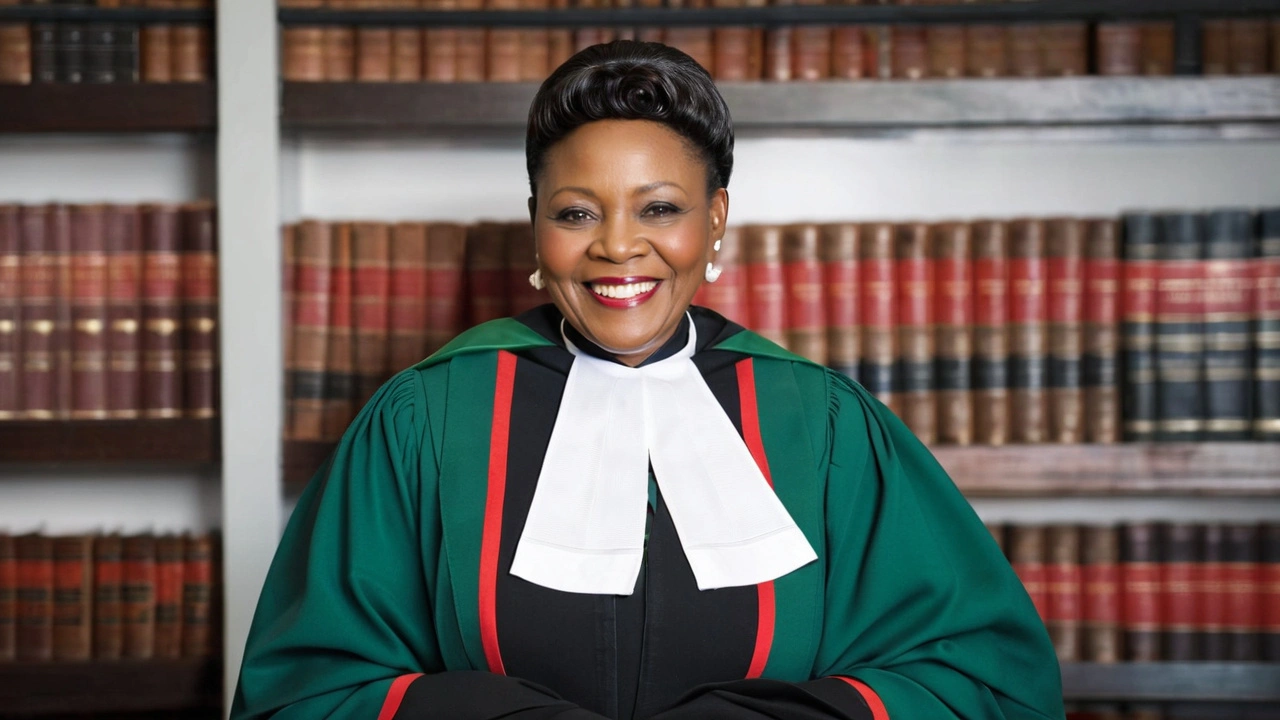Justice Mandisa Maya: Leading the Way in South African Justice
If you’re following South Africa’s legal scene, you’ve probably heard about Justice Mandisa Maya. As a respected figure in the judiciary, she’s been involved in some major decisions and reforms that affect the whole country. Let’s look at what makes her role so significant and why her work matters.
Who Is Justice Mandisa Maya?
Justice Mandisa Maya is known for her dedication to justice and equality. She has served as Chief Justice of South Africa’s Supreme Court of Appeal, and her decisions often reflect a deep commitment to fair treatment and access to legal rights. Understanding her background helps explain why she’s so influential.
Maya's career is distinguished by her focus on human rights and legal reform. Her leadership has helped shape how courts handle important issues, from constitutional matters to social justice cases. For anyone interested in the South African legal system, keeping tabs on her moves gives you a window into how justice is evolving.
Why Her Work Matters to You
Whether you’re a legal professional, student, or just curious, the rulings and opinions by Justice Maya impact everyday life. She addresses issues that affect communities, like access to clean water, fair trial rights, and government accountability. This means her work isn’t just legal jargon—it’s about real-world fairness and progress.
Plus, as South Africa faces challenges around governance and social equity, leaders like Justice Maya play a key role in balancing power and protecting citizens. Tracking her updates can help you understand changes in laws and how they might affect you or your community.
For daily updates on Justice Mandisa Maya and South African outdoor news, keep visiting South Africa Outdoor News. We break down complex legal developments into clear, straightforward stories so you stay in the loop without the headache.
ActionSA Lauds Historic Appointment: Justice Mandisa Maya as South Africa’s First Female Chief Justice
ActionSA celebrates Justice Mandisa Maya's appointment as South Africa's first female Chief Justice. Maya, currently Deputy Chief Justice, will assume her role on September 1, succeeding Chief Justice Raymond Zondo. Her appointment by President Cyril Ramaphosa, backed by the Judicial Service Commission, marks a key milestone for gender inclusivity in the judiciary.
Read More
